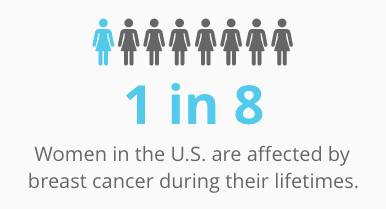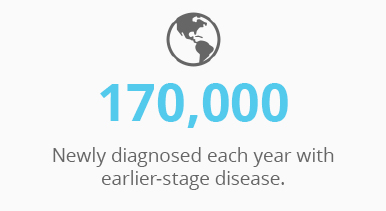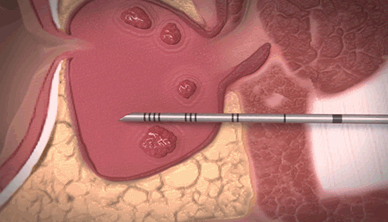What We Do

Alessa is at the forefront in developing new and innovative localized, sustained drug delivery strategies for treatment and early interception of solid organ disease. We are actively developing implant and delivery systems and completing initial human feasibility testing. Our efforts are focused on the most prevalent diseases that affect both men and women.
Prostate Cancer Overview


Some 1 in 6 men will be afflicted with prostate cancer during their lifetimes. About 192,000 new cases are diagnosed each year in the U.S., and 450,000 in Europe. Nearly 30,000 men in the U.S. die of this disease every year.
Current treatment options for the lower risk cancer cases include either active surveillance (regular exams and biopsies) or whole-gland treatment (prostatectomy, which is removal of the prostate) or radiation therapy. However, whole-gland treatment carries considerable risk of impotence and incontinence, and may be unnecessary in men whose tumors would not progress.
There is an urgent need for an intermediate treatment alternative that can reduce the risk of disease progression, but with fewer side effects than prostatectomy and radiation.
In men with higher-risk disease, anti-androgen therapy is administered together with radiation. However, even short-term systemic hormonal therapy can cause significant side effects including muscle mass loss, cognitive issues, sexual dysfunction and cardiovascular events.
Alessa’s Biolen™ PC has the potential to deliver therapeutic benefits of anti-androgen therapy without the systemic side effects.
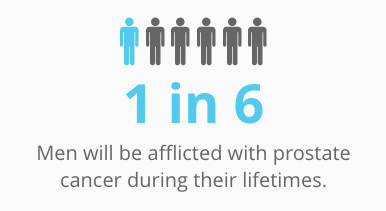
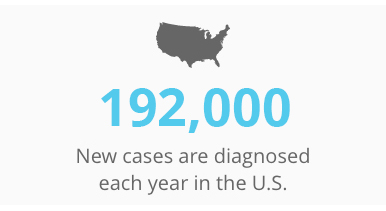
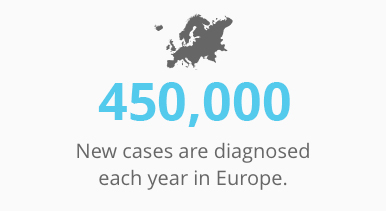
Benign Prostate Hyperplasia (BPH)

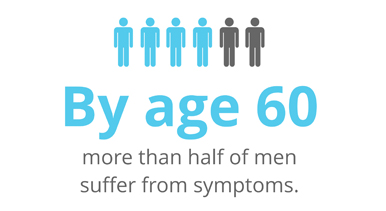
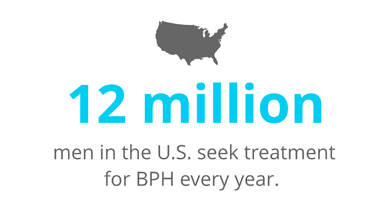

BPH is the most common urinary condition among older men. By the age 60, more than half of men suffer from symptoms such as frequent urination and inability to completely empty the bladder during urination. Every year, over 12 million men in the U.S. seek treatment for BPH.
When drugs no longer work adequately, many men seek alternative treatment. Current 2nd-line treatment options range from surgery to remove the inner portion of the prostate (TURP), ablation using vapor or laser to destroy the prostate tissue, or placing implants to push prostate tissue away from the urethra.
Alessa’s Biolen, with a localized, sustained delivery of hormonal therapy has the potential to shrink the prostate tissue without causing common side effects such as irritative symptoms, urinary retention, or retrograde ejaculation.
Breast Cancer Overview


The most common invasive cancer in women, breast cancer will affect 1 in 8 women in the U.S. during their lifetimes. Approximately 276,000 women in the U.S. are diagnosed each year. It is the second deadliest cancer for women, after lung cancer.
Six out of ten newly diagnosed breast cancer is either Stage 0 (DCIS) or Stage 1. Over 80% of breast cancer is estrogen receptor positive (ER+) meaning that the cancer responds well to hormonal treatment.
DCIS and Stage 1 cancer is treated by mastectomy followed by breast reconstruction or alternatively, lumpectomy followed by radiation, and if ER+, 5-10 years of systemic hormonal therapy to reduce the risk of recurrence.
Systemic hormonal therapy can cause significant side effects such as hot flashes, cognitive issues, depression, as well as higher rates of bone fracture, endometrial cancer, and cardiovascular and thromboembolic events. Because of side effects and patient burden, adherence drops below 50% by the 5th year. Alessa is developing a sustained, localized drug elution approach to potentially improve adherence to hormonal therapy and enable women to more confidently choose breast-conserving surgery.
